David Campbell is the current president of the MVLA District Teachers Association and a teacher at MVHS. Michelle Bissonnette is the former MVLA DTA president and a teacher at LAHS. This is in response to an op-ed published in the Mountain View Voice.
As president, and past president, of the District Teachers Association for MVLA, and as teachers with collectively three decades of experiences in our district, we felt compelled to address some of the issues in Guest opinion: Let’s not allow COVID-19 to harm any student’s grades written by MVLA Board member Phil Faillace.
We are grateful that MVLAUHSD Board of Trustees: Sanjay Dave, Debbie Torok, Catherine Vonnegut, and Fiona Walter, showed such sound judgment and regarded the educational experts in the district and throughout the education community in their votes in support of moving to Credit/No Credit. In recent days, the University of California system, Yale, Harvard, MIT, Dartmouth, Stanford, and so many others have made the shift, opting to focus their students’ experiences on learning versus grades.
The purpose for moving to a Credit/No Credit system is to address the unstable context and environment for teaching during a global pandemic. Teachers across the country are being asked the impossible, and we will rise to the occasion, as we always do.
Learning during COVID-19 is highlighting the inequities that already exist when we’re learning inside four walls. The power of equity that a physical classroom provides is one that is impossible to replicate through distance learning. In effect, assigning letter grades to our students is equal to assessing their access to technology and WiFi, their housing security, and their ableism. And this is precisely why so many districts have moved to this model, notably our neighboring districts in Santa Clara and Palo Alto.
It is also why this semester will stand as an anomaly to most colleges and universities when assessing student achievement. Colleges and universities will forever have an asterisk* by the spring semester of this school year. They will question the validity and rigor of learning experiences and the reliability of grades and what they represent.
We simply aren’t willing to take that chance with students’ futures.
We, along with other colleagues, spoke at the April 3 MVLA School Board meeting in support of Superintendent Dr. Nellie Meyers’ recommendation to move to a Credit/No Credit system of grading for the final semester of the 2019-2020 school year.
Below, we would like to outline some of the research that supports our position:
- Abraham Maslow’s Hierarchy of Needs states that the most basic physiological and safety needs such as food, water, warmth, security, and safety must be met first before higher-level needs such as esteem and self-actualization can be met. In other words, you need a belly full of food and to know that you’re safe in order to achieve your full potential.
- For many students, including those high-achieving students throughout our community, this pandemic is jeopardizing even the most basic of human needs.
- Continuing to grade students by traditional measures during this global pandemic will not only serve to widen the achievement gap between our students in this district, it has the potential to disadvantage high achieving students trying to report and maintain letter grades as well.
- Wil Del Pilar, Vice President of Higher Education Policy and Practice at EdTrust, in his piece titled “Thoughts from a Former College Admissions Officer in the COVID-19 Era” points to an article of online learning as colleges began to embrace the move to provide access to more students. The study sought to answer the question, “…as schools [close or] move to an online platform, how will students’ grades be impacted? Some research has shown that online learning reduces student success and lowers a student’s GPA. Given this, institutions should carefully consider students’ GPAs prior to and after, if online learning was implemented, the disruption of their learning.”
- According to the study, Virtual Classrooms: How Online College Courses Affect Student Success, “Taking a course online, instead of in-person, reduces student success…More specifically, the estimated effect is a 0.44 grade point drop in course grade, which amounts to one-third of a standard deviation decline.
- “Put differently, students taking the course in-person earned roughly a B− grade (2.8) on average while their peers in online classes earned a C (2.4). Additionally, taking a course online reduces a student’s GPA the following term by 0.15 points.” (Bettinger et al.)
- According to the same study, “the negative effect of online course-taking occurs across the distribution of course grades; taking a course online reduces the probability of earning an A or higher by 12.2 percentage points, a B or higher by 13.5 points, a C or higher by 10.1 points, and a D or higher (passing the course) by 8.5 points (results presented in online Appendix Table 4, page 15).
Moving to Credit/No Credit alleviates the potential negative consequences for all students who have dreams of attending college. This shift reduces the overwhelming and daunting pressure that learning in this environment causes students. Staff can administer assessments without having to overly focus on maintaining the integrity of the fine delineations of letter grades. Students can focus on what is needed most at this moment: maintaining their well-being and learning.
We appreciate the opportunity to share our thoughts on this critical issue facing our community.










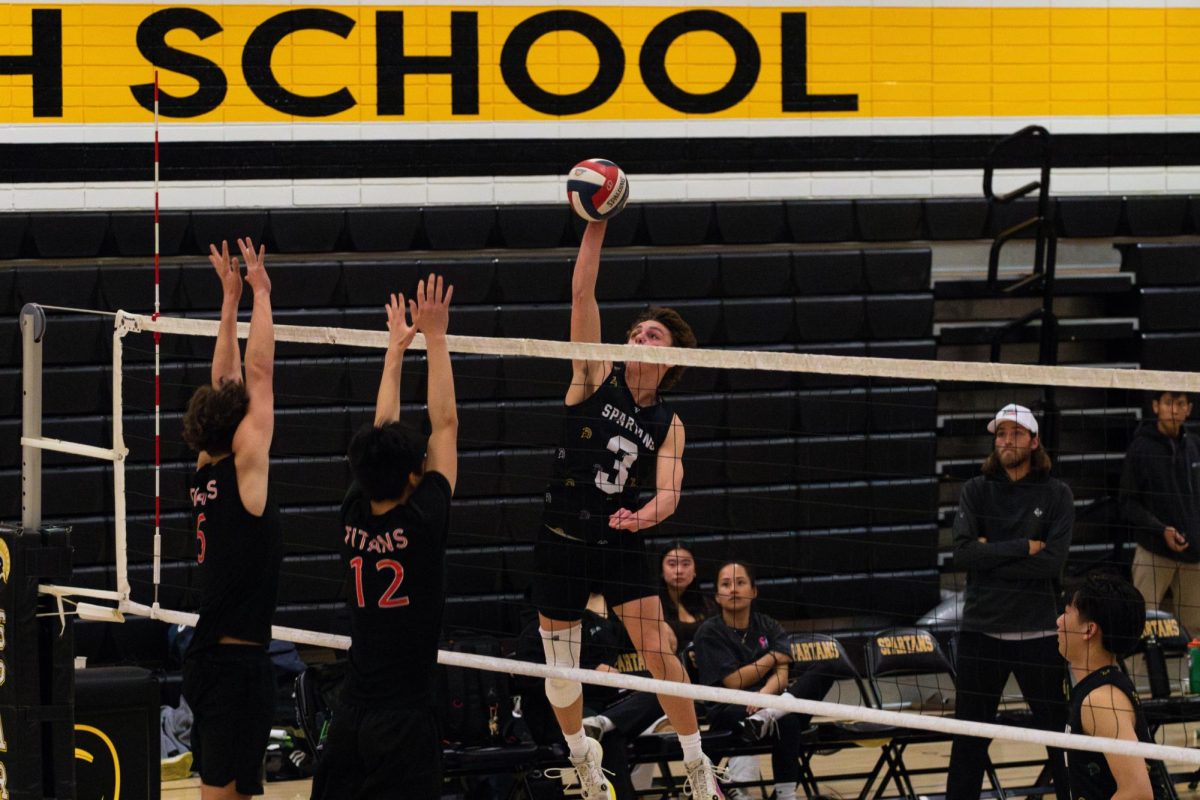





















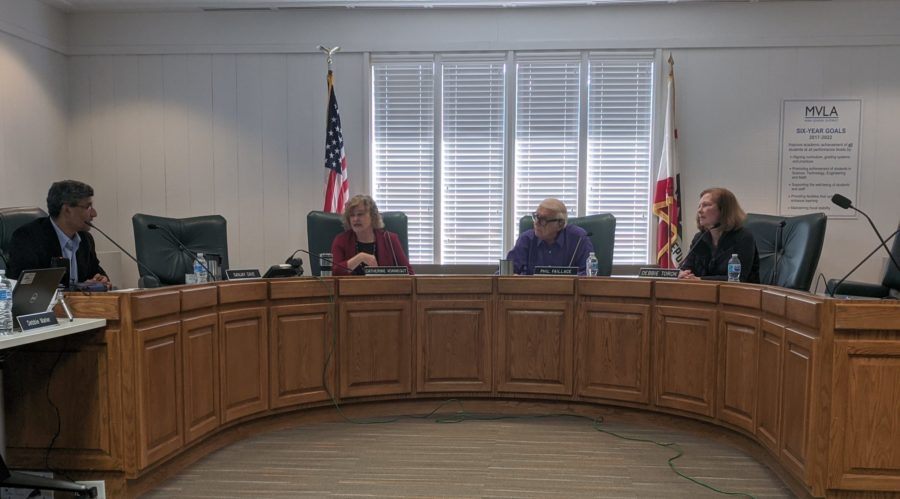
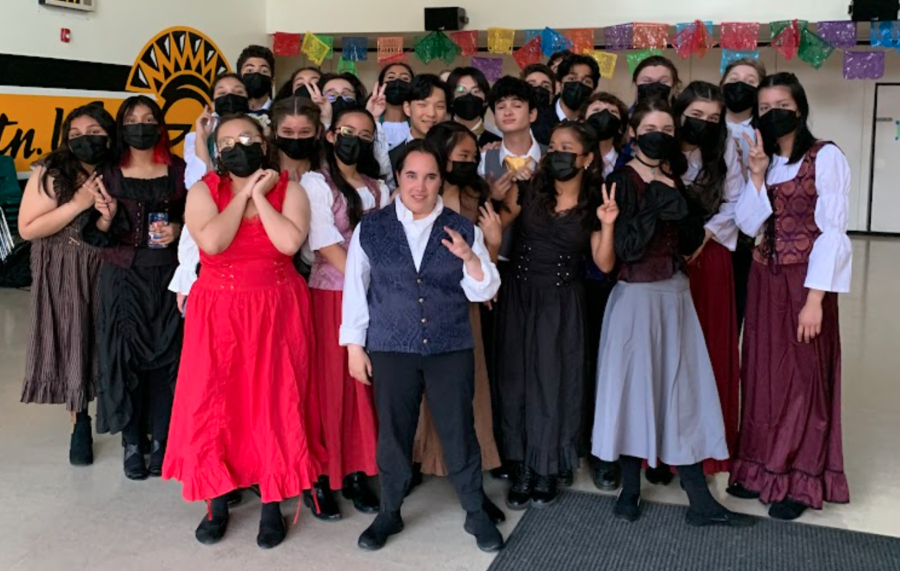
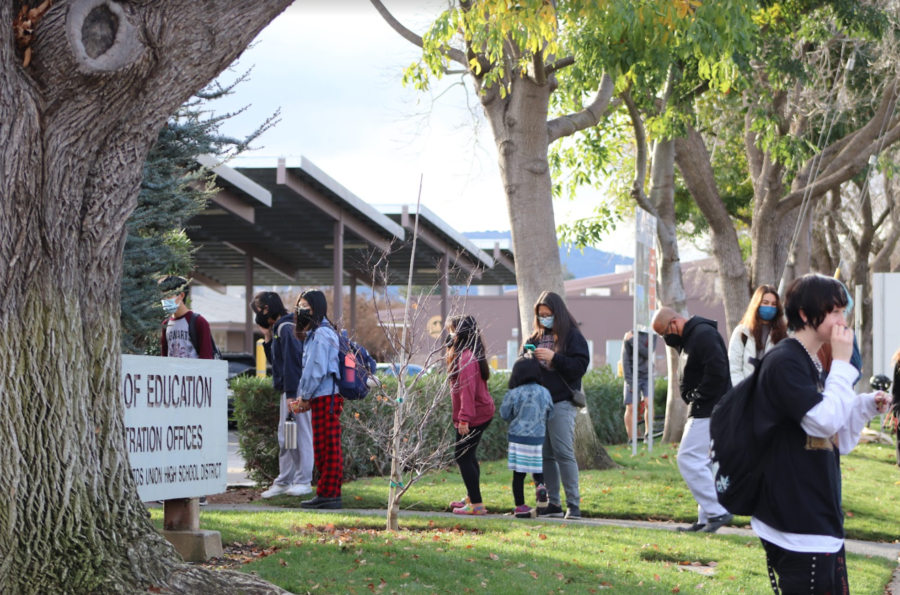
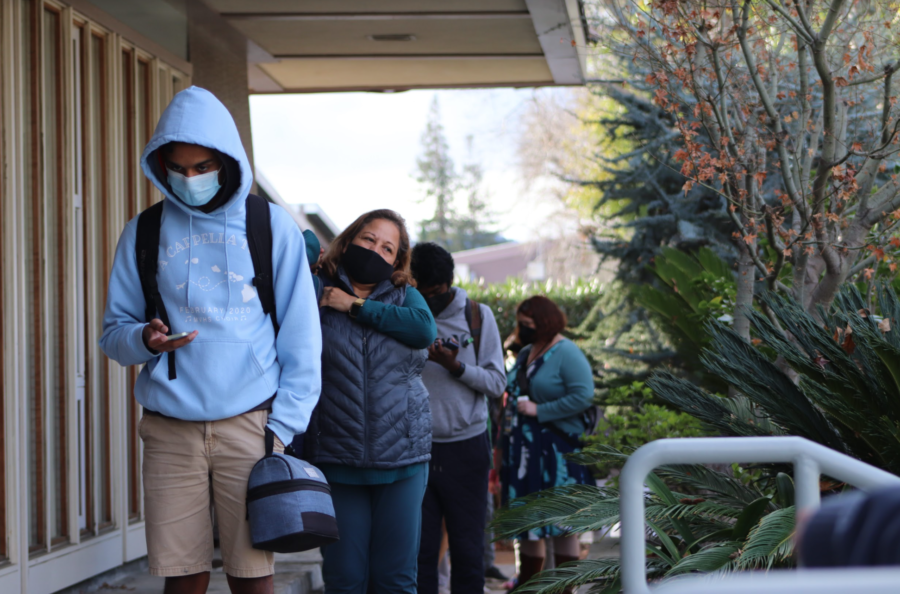

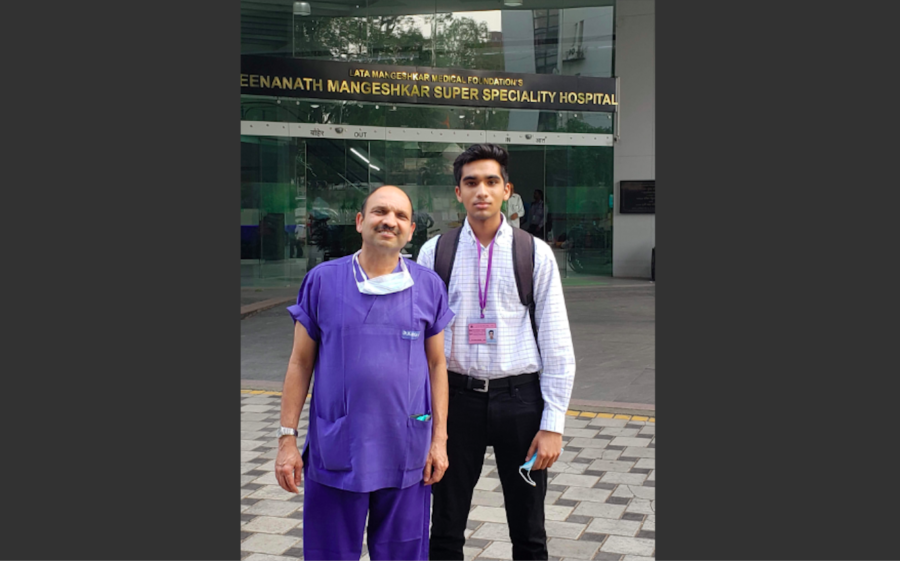



Aaron Davies • Apr 14, 2020 at 4:52 pm
“Teachers across the country are being asked the impossible, and we will rise to the occasion, as we always do.”
If this is indeed the case, have we discovered the impossible challenge for our local academic system to equitably service the needs of a diverse student body? Based on some members of the Board, our Superintendent, and various teacher responses such as this, some things do in fact appear to be outside of reason and beyond reach.
The response you posit perhaps works for some students. It absolutely does not work for all students. The petition in response to the pass/fail decision is strong evidence of this fact and should be met with a correction which puts the needs of more students first. There is a lot of rhetoric about this unique pandemic situation incapacitating students. I have not been able to find real-world examples of this which are statistically significant, particularly in MVHS and Los Altos High. To the contrary, I am directly aware of student frustration with this decision through my own child at MVHS and his broader peer group. These students are strong, capable, brave, and competitive. This myopic policy approach comes at the expense of our students who want and deserve every chance to compete with 1000’s of schools across our nation which have not embraced this policy.
This local decision is particularly frustrating when we consider precedence. Many schools and universities have come to a balanced solution which allows for students to opt for EITHER pass/fail or letter grade. My own collegiate level son is the beneficiary of such a policy at his state university.
You’re correct that our teachers, students, Board and Superintendent are asked to rise to many challenges. If we truly intend to empower MVLA students and facilitate their success, we must act swiftly not necessarily by completely reversing the decision at the cost of those students for whom this policy might be helpful – but by adapting this policy (and modeling it after clear examples right before our eyes) to allow for letter grades at student discretion.